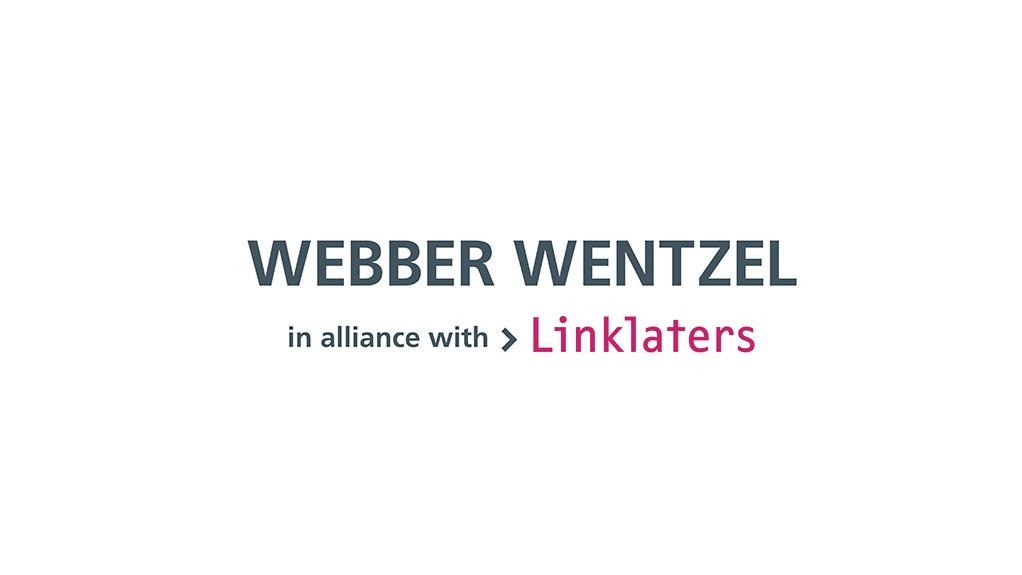Mediation plays a growing and increasingly important role in resolving energy-related investor–state disputes (ISDS), as part of a broader shift towards dispute prevention and early dispute resolution. These disputes often arise under bilateral investment treaties (BITs) or multilateral agreements (such as the Energy Charter Treaty), where investors bring claims against states alleging breaches of investment protections.
By the end of 2023, 253 ISDS fossil-fuel related cases had been filed. These primarily related to the extraction of crude petroleum and natural gas; power generation from coal, oil and gas; and the transportation and storage of fossil fuels. These cases comprised nearly 20% of all ISDS matters. In the renewable energy sector, 123 ISDS cases had been filed. These figures demonstrate the prevalence of energy-related disputes in the ISDS space, whether relating to the protection of existing fossil fuel operations or the growing movement for climate action and the transition to cleaner energy resources.
Over the years, arbitration has clearly been the preferred dispute resolution mechanism for energy-related investor-state disputes. However, more recently, criticisms have mounted regarding dispute resolution mechanisms provided for under free trade agreements and BITs, which are perceived as "enabling" the protection of fossil fuel investors. There is also greater awareness of the cost and reputational risks associated with sensitive disputes. As a result, mediation is increasingly being advocated as a preventative tool, a supplement to, or an alternative for arbitration proceedings.
Mediation is a party-driven and non-adversarial dispute resolution tool that allows parties to design their own dispute resolution process through facilitated negotiation before an independent mediator. It is gaining popularity both locally and internationally. Locally, for example, compulsory mediation was introduced in the Gauteng Division of the High Court on 22 April 2025 as a prerequisite to obtaining a civil trial date. Internationally, mediation is being increasingly encouraged.
Unlike adversarial processes, mediation fosters a collaborative environment in which parties can preserve long-term relationships and craft creative, mutually acceptable solutions that go beyond what tribunals are empowered to order. Given the increasing complexity and political sensitivity of energy-related investor-state disputes, mediation can also help de-escalate tensions and protect public interests, while still ensuring fair treatment of investors. As states and investors seek more sustainable and cooperative approaches to resolving energy-related disputes, mediation is emerging as a practical and forward-looking option that deserves to be more widely embraced within the ISDS framework.
In a 2022 survey report conducted by the Singapore International Dispute Resolution Academy, respondents noted an increase in the use of mediation (as opposed to arbitration) in resolving investor-state disputes. They identified three primary motives for using mediation as a dispute resolution tool: (i) the preservation of business relationships; (ii) confidentiality; and (iii) speed. Technology was also highlighted as a key component in international commercial mediation. It was viewed as providing cost-saving, flexibility and time-saving advantages, particularly in enabling virtual hearings without compromising the quality of the mediation process.
Nonetheless, arbitration remains the primary dispute resolution mechanism in investor-state matters. This is largely attributed to: (i) limited knowledge about the track record of mediation, due to its confidential nature; and (ii) political concerns regarding the perceived "secrecy" and potential "impropriety" of settlements negotiated behind closed doors involving states. The two most important factors respondents considered in selecting a dispute resolution mechanism were enforceability and political sensitivity.
To address concerns regarding enforceability, the United Nations Convention on International Settlement Agreements Resulting from Mediation (knows as the Singapore Convention on Mediation) provides a mechanism for the enforcement of cross-border settlement agreements arising from mediation. Article 3 of the Convention provides that contracting parties must enforce such agreements in accordance with their procedural rules.
The Singapore Convention provides a uniform framework for international settlement agreements resulting from mediation. As at 15 May 2025, the Convention had 57 signatories and 18 parties.
In addition, the International Centre for Settlement of Investment Disputes (ICSID) has recognised the growing importance of mediation in resolving investor-state disputes. ICSID has adopted mediation rules specifically tailored for investment disputes, which allow parties to institute mediation under ICSID’s administrative framework. The rules address the confidentiality of the mediation process, the appointment of mediators and procedural matters.
Although the rules do not provide a conclusive view on whether mediation was used to settle disputes, the recently published ICSID caseload statistics (Issue 2025-1) reported that of the cases registered in 2024, 22% were either settled or discontinued, with 10% resulting in a settlement agreement recorded in an award at the parties' request.
Modern investment agreements are also embracing mediation. For example, the Protocol on Rules and Procedures on the Settlement of Disputes (applicable to disputes arising under the agreement establishing the African Continental Free Trade Area) supports the use of mediation in investor-state disputes.
Article 8 of the Protocol (Good offices, conciliation and mediation) provides that state parties may voluntarily undertake mediation. The process is confidential and without prejudice. Mediation may be conducted at any stage, including in parallel with panel proceedings initiated under the Protocol where consultations have failed to resolve the dispute. Mediation offers a complementary, and increasingly essential, tool for resolving energy-related investor–state disputes. While not a replacement for arbitration or litigation, it provides significant advantages in terms of confidentiality, flexibility, and efficiency, particularly as the global energy landscape becomes more complex and contested.
Written by Priyesh Daya, Partner, Brittany Leroni, Senior Associate & Litha Raziya, Candidate Attorney at Webber Wentzel
EMAIL THIS ARTICLE SAVE THIS ARTICLE ARTICLE ENQUIRY FEEDBACK
To subscribe email subscriptions@creamermedia.co.za or click here
To advertise email advertising@creamermedia.co.za or click here











